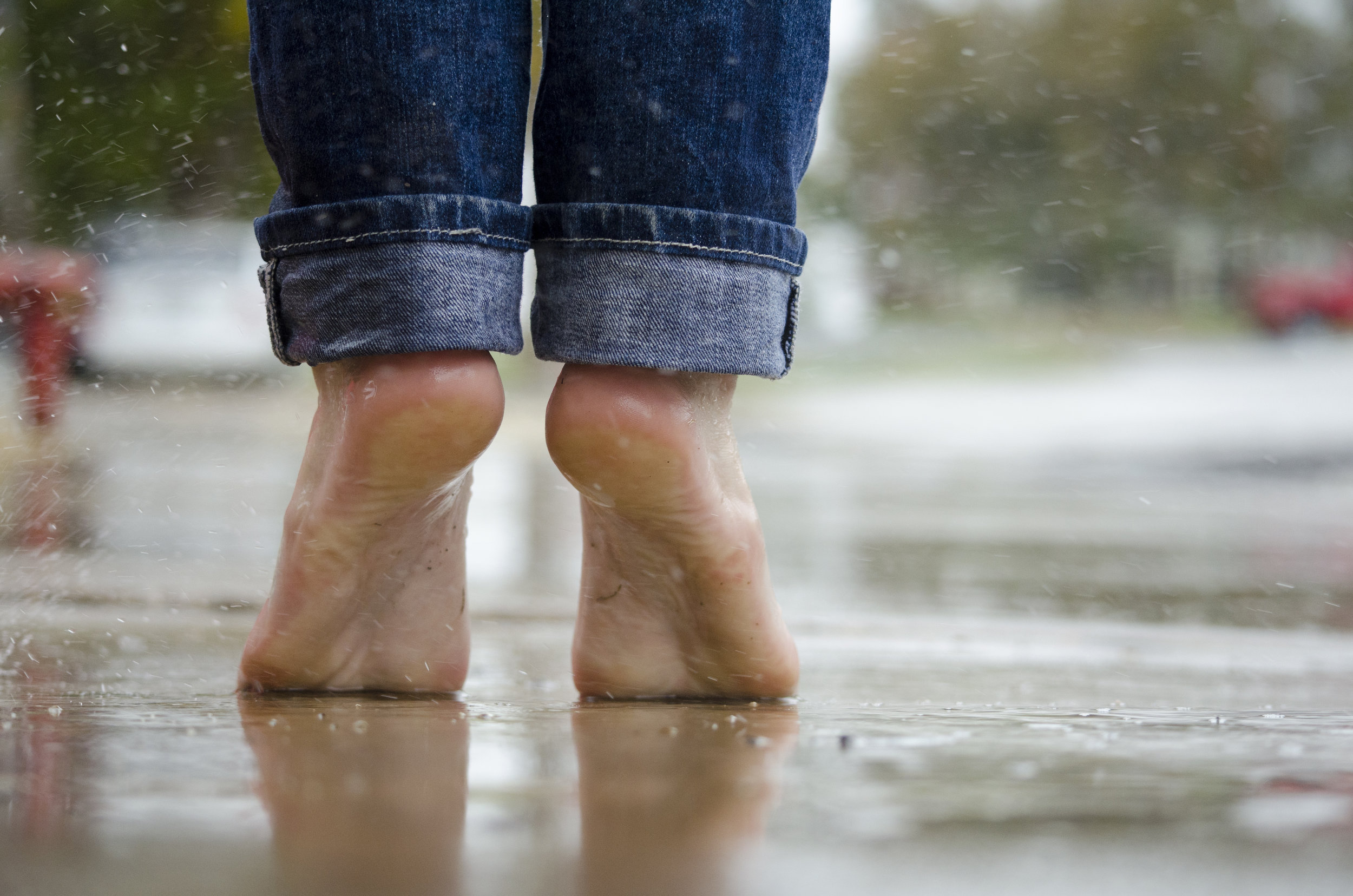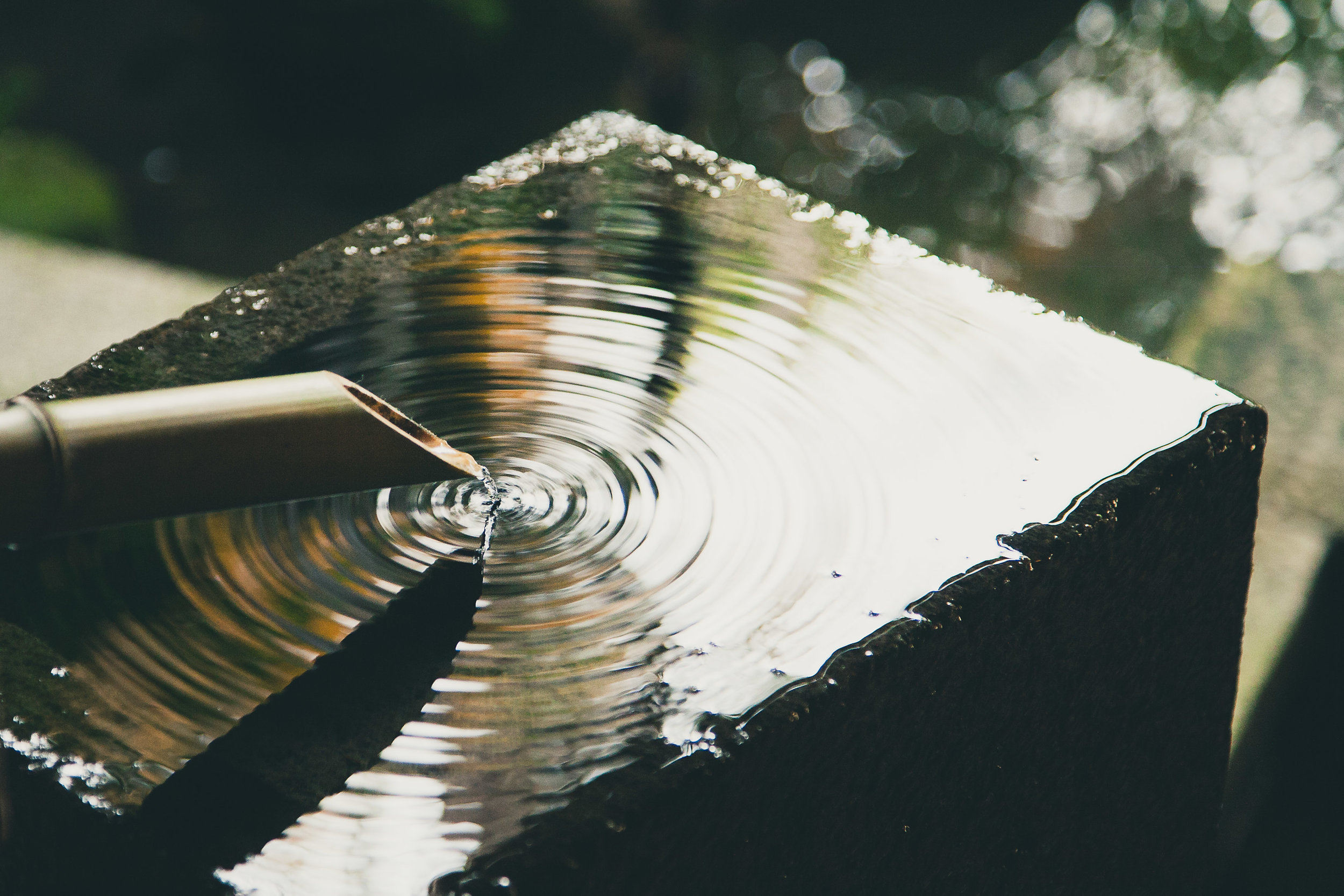World Water Day Special: Everything We Do Comes Back To Us In The Circle Of Life

I have always been someone who was fascinated by the old world ways of doing things. I am unable to use technology as much as I should be and prefer doing things the traditional way. Do I fit into this modern world was always a question. But thanks to so many environmentally-conscious friends around and all the efforts to restore and reclaim a safe planet I feel at home and not alone.
Our elders may have known but were not able to explain the science behind living the way they did and using the products they used. But what they followed is by far the simplest, safest and most effective way of living. We should have progressed in their steps; instead, we fell prey to the many traps laid during the British Raj, and subsequently by modern day marketing companies and political parties all of who want to make a quick buck, name and fame for themselves.
We were gullible enough to believe that brushing our teeth with tooth paste instead of a simple neem stick, charcoal or lemon peel with salt is the most 'in' thing to do and that it would work wonders on our oral health.
We were naive enough to think that soaps would do magic for our skin and replaced our good old bath powders (ubtan) with colourful, scented soaps.
We trusted that ash, brick powder and lemon peels were out of fashion and replaced them with dishwashing powders and bars that lathered well.
We became lazy to make our own skin care products that used turmeric, gram flour, milk cream and rose petals and became willing to spend many hundreds of bucks to buy products with unknown ingredients that only looked and smelled good.
We have replaced many such products in our life without questioning. We are now well aware of the ill effects of such consumer goods that we enjoy, but why are we suspicious now to go back? Why so much resistance to revive our traditions? Why hesitate to use natural products?
There is currently an estimated 79,788 artificial chemicals in the market today. And this number keeps growing. We live in a world of chemicals.
There is a lot of talk about going green. Thankfully governments, businesses and individuals around the world are beginning to take actions to back up that talk. From opting for alternative energy such as wind, hydro or the solar panels to switching to lower emission transportation options, from growing their own food to putting reduce, recycle, reuse and even pre-cycle plans into place.
Looking at it, making life more environmentally-friendly simply makes sense.
If our day-to-day actions are more environmentally-friendly we not only help the environment, but also benefit financially, physically and mentally. For example, getting rid of toxic chemicals in our home and using natural cleaners will cost less, it will cut down on the number of toxins we are exposing our selves and our environment to and it will have a more positive impact on our indoor air quality.
I could go on and on, but instead, let me give you one simple recipe that can make your day-to-day life more environmentally-friendly: Bioenzyme or Citrus Peel Enzyme which can replace chemical cleaners such as Harpic, Mr. Muscle and the likes.
Directions for use
A. The clear liquid
I. Soak 10 to 15 soap nuts (reetha) in 500 ml bioenzyme. Leave for a week. (This solution can be stored for long and used whenever required). Use it for:
1. Laundry: About 15 ml for 1 load of clothes in the washing machine instead of detergent. Please note that this bioenzyme mixture is to be used as a substitute for detergent and not along with it.
2. Hand-Wash: The FE - soapnut mixture can be stored in handwash dispensers and used as a hand-wash liquid. Dilute if required.
3. Shampoo: FE - Soapnut mixture can be used, in place of shampoo to wash your hair.
II. Soak 15 - 20 pods of Shikakai in FE and store. Use this mixture as:
1. Body wash - This above liquid can be used as a body wash instead of soap.
2. Shampoo - Shikakai FE solution can be used as shampoo too.
B. The middle layer of mushy juice
1. Dish Wash - Use FE with shikakai powder or ash to wash vessels. You may soak shikakai in FE and use, if you do not have powder.
2. Floor cleaner - Add about 10 ml FE to a bucket of water to mop floors. (Note: Do not use on marble flooring.)
3. Toilet Cleaner: FE can be used with ash to clean sinks and commodes. Ash is a very good disinfectant and FE would do the cleaning job.
4. Plant Fertiliser: 1 spoon of FE dilute in 1 litre water can be used as a foliar spray or on the soil. The fermented fruit juice will assist in the supply of micronutrients and also intensify the flowering and fruiting of your plants.
C. The pulpy bottom layer
1. Body scrub
2. Face pack
3. Chimney cleaner
4. Kitchen counter and gas top cleaner
5. Clean brass or copper antiques
6. As a starter for the next batch of Bio Enzyme to speed up the process.
Bioenzyme ready after 3 months. Notice the 3 layers here - clear liquid, mushy solution and the pulp.
The Big Picture
What happens every time we use soap, shampoo, detergents, dishwashers, toilet cleaners and tooth paste? We wash them away from our kitchens and bath rooms into the drainage. So what? They are out of our home so why should we be concerned?
The water from the sewerage systems enter drains which ultimately find their way into the lakes and rivers and most water bodies. This is the water we are dependent on, this is the water that comes back to us for use in our kitchen and bathroom taps. Be aware of what we are sending out is ultimately what comes back to us! Now you know why our lakes are frothing and foaming.
Everything we do comes back to us - let's do good, let's be gentle to the Earth.
Vani is one among the crazy lot who believes she can change the world (Because the people who are crazy enough to think they can change the world, are the ones who do). She is passionate about gardening, composting, is an aspiring minimalist and someone who is trying to live a sustainable life. Vani wishes her tribe of people who grow their own food grows. She is an active member of the Bangalore East OTGians (BEEs), and mobilises many events and workshops to encourage many people to take up gardening, composting and practise sustainable living.








